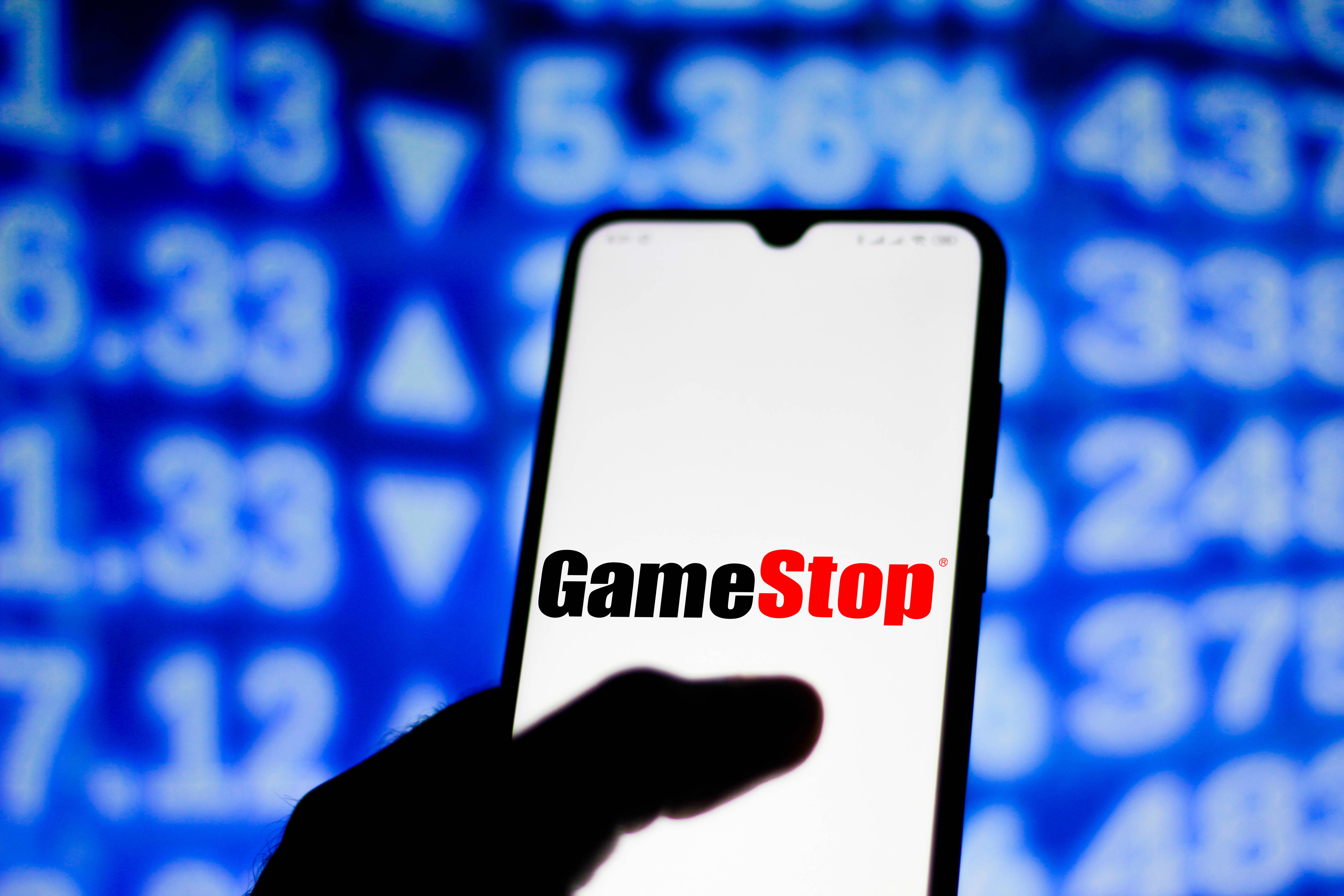This post was originally published on this site

The past two weeks have seen an astonishing number of allegations about the motives of the main actors in the GameStop drama.
The players include the WallStreetBets forum on Reddit, the Robinhood trading app, long-short hedge funds, politicians, and regulators, to name a few.
However, to equate this event with the other issues facing our country – the pandemic, social unrest, economic despair and political discord – is a false equivalency.
It is an attempt to right one injustice with another. In short, it is a canard – a decoy to lure attention from the real risk of the GameStop short squeeze and the accompanying spike in other, heavily-shorted stocks.
An issue bigger than sound bites
That risk is the threat posed to the orderly functioning of the financial markets.
The United States, and the world generally, have benefited for centuries from the discipline of properly regulated and executed rules of financial exchange.
Companies have been able to raise capital to seed new business ideas and expansion opportunities. Savers have been able to invest in these companies, knowing there are stringent rules for how their capital will be treated. Business failures are shown the door in stock prices that can and will go to zero.
The result? Economic expansion, job growth and productivity.
In short, properly functioning financial markets enhance the quality of life.
If the events of the past few months flare up again, where failing businesses see their stocks go up 16-fold in a month, the virtues of fluid stock markets may be forfeited. Capital will not be allocated to the businesses that need and deserve it. Investors and the advisors who serve them will sit out investment opportunities, unsure of what a security is really worth.
And ultimately, the aggrieved Reddit Wall Street Bets subscribers and Twitter warriors will find themselves looking for scarce employment opportunities in a slack economy.
The potential risk is not just a valuation or capital allocation question. Back-office operations that allow stock purchases to occur are being stressed.
It is a testament to operational excellence that in less than the blink of an eye, a buyer is found for every seller on a stock exchange and vice versa. There are no “runners” shuttling physical certificates to the vaults at various banks. Trade settlement does not take a week. It is effortless.
Along the path to clearing a trade are multiple players and multiple points at which a breakdown can occur.
These include clients, prime brokers, market makers, the Depository Trust & Clearing Corporation (DTCC) and margin lenders.
It has yet to be seen whether any breaks will occur in the settling of last week’s trading activity. However, it seems wise to pause the flow, whether through higher margin requirements or trading restrictions, until that answer is known.
Breaking the efficient system of clearing trades is not a risk worth taking.
The real question to ask
As we go through congressional hearings and the public shaming that is likely to come, let’s not lose sight of the truth.
Whether the Reddit events are idiosyncratic or catalyze a more systemic problem is unknown at this time.
However, it is the question that should be answered instead of the virtue-signaling that is going on.
Let’s hope that when investigations are done, and books are written, market participants and regulatory authorities will feel the right actions were taken over the past week – even if that meant certain parties did not get everything they wanted (e.g., unrestrained trading).
If that is the outcome, confidence in the financial markets will be maintained and possibly even enhanced, benefiting the markets, the economy, and the majority of individuals participating in both.




